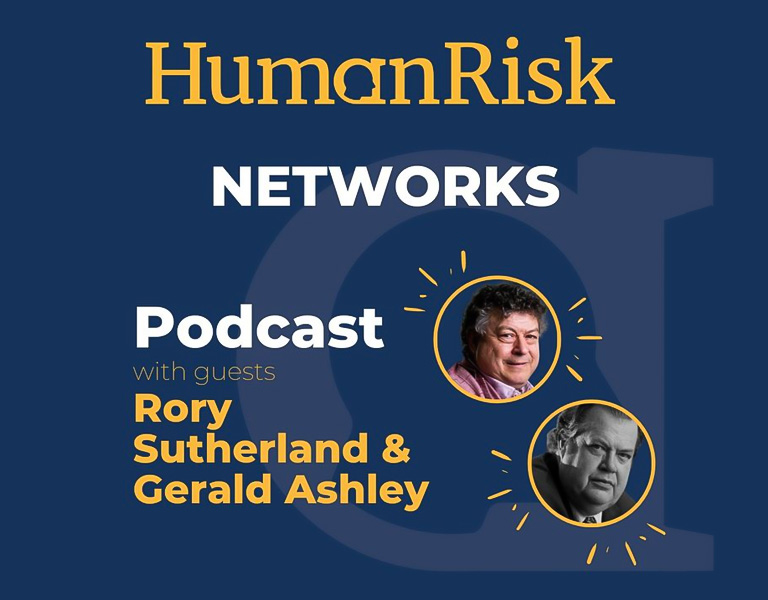Organizing for the New Normal: Prepare your company for the journey of continuous disruption
11th April 2021
2 mins read
Costas Markides is recognised as one of the world’s foremost experts on strategy and innovation. He is a professor of Strategic and International Management and holds the Robert P. Bauman Chair of Strategic Leadership at the London Business School.
Organizing for the New Normal explores how to prepare the organization for a world of continuous and overlapping disruptions. It explores a number of unique challenges that today’s volatile and disruptive Environment has created for leaders and organizations everywhere, such as:
· How to create a “constant” and positive (as opposed to negative) sense of urgency and an organization-wide feeling of unease with the status quo so that people are always ready to join the fight, whatever disruption hits you.
· How to convince people to approach and exploit disruption as something positive (that is, as an opportunity) when all they see around them are the negative consequences of disruption.
· How to institutionalize into the DNA of the organization the day-to-day behaviours that would allow us to be agile and flexible—so as to identify and respond to change early and quickly. More importantly, how to achieve this in a decentralized, bottom-up way (rather than in a top-down way).
· How to develop a strategic response to disruption that is innovative and allows you to defend and attack disruption simultaneously.
· How to lead from afar—by giving your people autonomy within a frame, the way we do with our own children.
· How to tell the difference between “clever” and “stupid” experiments—and more importantly, how to ensure that your people undertake clever experiments.
· How to develop cultures of inclusiveness and belonging—the way we have done it at home with our family culture.
The book is based on the belief that it is one thing to know something; it is another thing to do it; and it is an entirely different thing to do it well. The problem with most senior leaders is not knowledge—most of them know very well what they need to do. However, they often do not do it; or if they do it, they do it the wrong way. The book will help leaders bridge the gap between knowing and doing.


